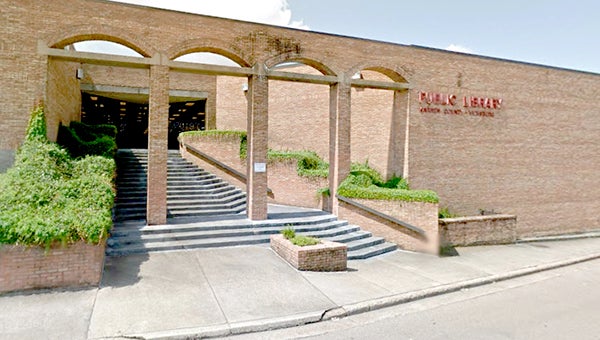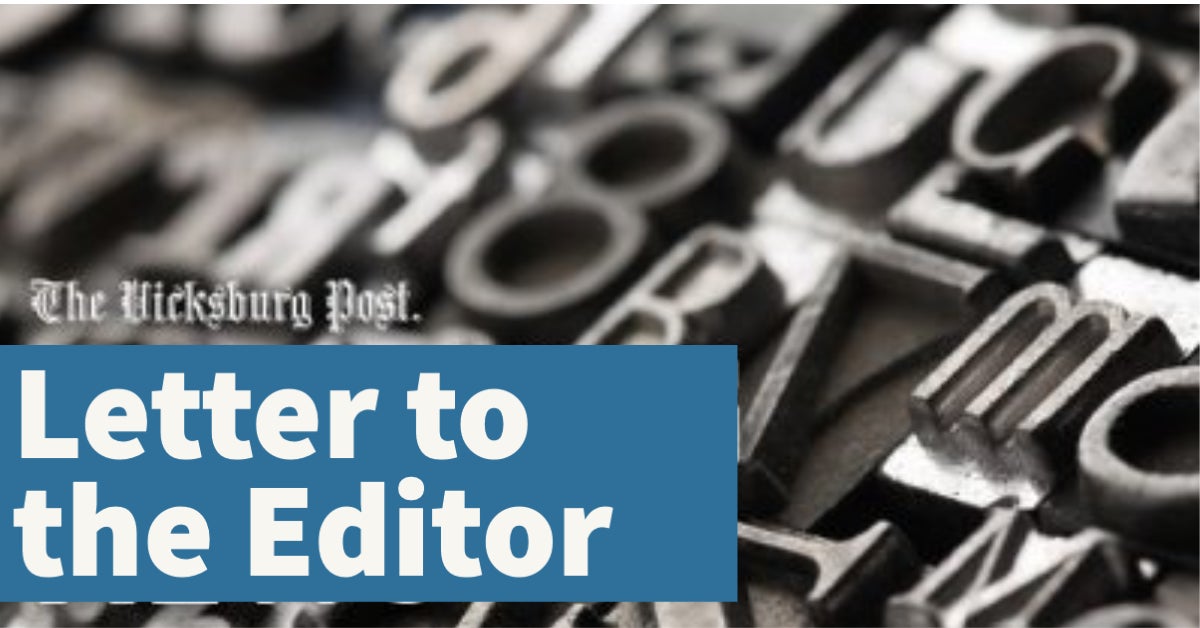ON THE SHELF: Adult Nonfiction to teach you a thing or two
Published 8:00 am Sunday, January 30, 2022

- Pictured is the Warren County-Vicksburg Public Library. (File photo/The Vicksburg Post)
This column was submitted by Evangeline Cessna, Local History Librarian at the Warren County-Vicksburg Public Library.
This week the library is featuring some of our New Adult Nonfiction titles.
Author Bob Sehlinger brings us his latest “The Unofficial Guide to Walt Disney World 2022.” This is a best-selling independent guide to everything Walt Disney World. Whether you are planning an annual vacation or preparing for your first-ever visit, this book gives the ins and outs of hotels, restaurants and attractions. The idea is to offer readers insight into how Walt Disney World works and how to use that knowledge to make every minute and every dollar count for your vacation. The newest information for 2022 includes: when to visit to get lower crowds and bigger hotel discounts, details on COVID-19 mitigation measures, coverage of the new rides like Remy’s Ratatouille Adventure, Guardians of the Galaxy and TRON Lightcycle Run, how to avoid long lines without Disney’s FastPass reservation system, the latest on new Disney programs such as Early Theme Park Entry, updated reviews of restaurants and hotels at every resort and a preview of the new fireworks shows, Enchanted and Harmonious.
Relationship guru Gary Chapman is back with his latest “The 5 Apology Languages: The Secret to Healthy Relationships.” The author partners with Jennifer Thomas to help readers move toward restored relationships. Even the best of us messes up and says/does things that we deeply regret later. We know we need to make things right but saying sorry just isn’t enough. In order to move forward with true healing, you must learn to: express regret, accept responsibility, make restitution, plan for change and request forgiveness. It is important that you do not let hurts linger or wounds fester, so the authors show you the tools to begin healing and help you discover how meaningful apologies can make your friendships, family and marriage stronger than ever before.
“The Best Short Stories of 2021: the O. Henry Prize Winners” is curated this year by Chimamanda Ngozi Adichie. The O. Henry Prize is a century-long tradition of literary excellence where 20 stories have been selected from the thousands published in magazines over the previous year. Adichie has brought her own refreshing perspective as this year’s guest editor who introduces the winning stories and includes observations from the winning writers on what inspired them. There is also an extensive resource list of magazines that publish short fiction should any aspiring writers wish to know how to get their work published. Featured in this collection are: Daphne Palasi Andreades, David Means, Sindya Bhanoo, Crystal Wilkinson, Alice Jolly, David Rabe, Karina Sainz Borgo (translated by Elizabeth Bryer), Jamel Brinkley, Tessa Hadley, Adachioma Ezeano, Anthony Doerr, Tiphanie Yanique, Joan Silber, Jowhor Ile, Emma Cline, Asali Solomon, Ben Hinshaw, Caroline Albertine Minor (translated by Caroline Waight), Jianan Qian and Sally Rooney.
In “Power Hungry: Women of the Black Panther Party and Freedom Summer and Their Fight to Feed the Movement,” Suzanne Cope tells the story of two unsung women whose power lay in using food as a political weapon during the civil rights movement. In early 1969, Cleo Silvers and a few Black Panther Party members met at a community center full of boxes of donated food to cook for the neighborhood children. By the end of that year, the Black Panthers would be feeding more children daily in all of their breakfast programs than the state of California was at the time. More than a thousand miles away, Aylene Quin had spent a decade using her restaurant in McComb, Miss. to host secret planning meetings for civil rights leaders and organizations. She fed the hungry and became a community leader who brought people together over a meal. The leadership of these women cooking and serving food in a safe space for their communities was so powerful, the FBI resorted to coordinated and often illegal means to stop the efforts of these women and others like them. The government turned a blind eye to the firebombing of the children of a restaurant owner, the destruction of food intended for poor kids and even declared a community breakfast program a major threat to public safety.
Author Farah Stockman explores what happens when Americans lose their jobs in “American Made: What Happens to People When Work Disappears.” Work plays a profound role in our sense of identity and belonging. Stockman follows three workers whose lives unravel when the factory they have dedicated so much to is closed down. Shannon, Wally and John built their lives around their place of work. Shannon, a single mom, became the first woman to run the dangerous furnaces at the Rexnord manufacturing plant in Indianapolis, Indiana and was proud of producing one of the world’s top brands of steel bearings. Wally, a man known for his initiative and kindness, was promoted to chairman of efficiency—one of the most coveted posts on the factory floor—and dreamed of starting his own barbeque business. John is a machine operator who came from a multigenerational union family and clashed with a work environment that was increasingly hostile to organized labor. The Rexnord factory had served as one of the economic engines for the surrounding community, but at its closing, hundreds of workers lost their jobs. What had life been for Shannon, Wally and John before the plant shut down? What became of them after those jobs moved to Mexico and Texas?





